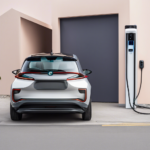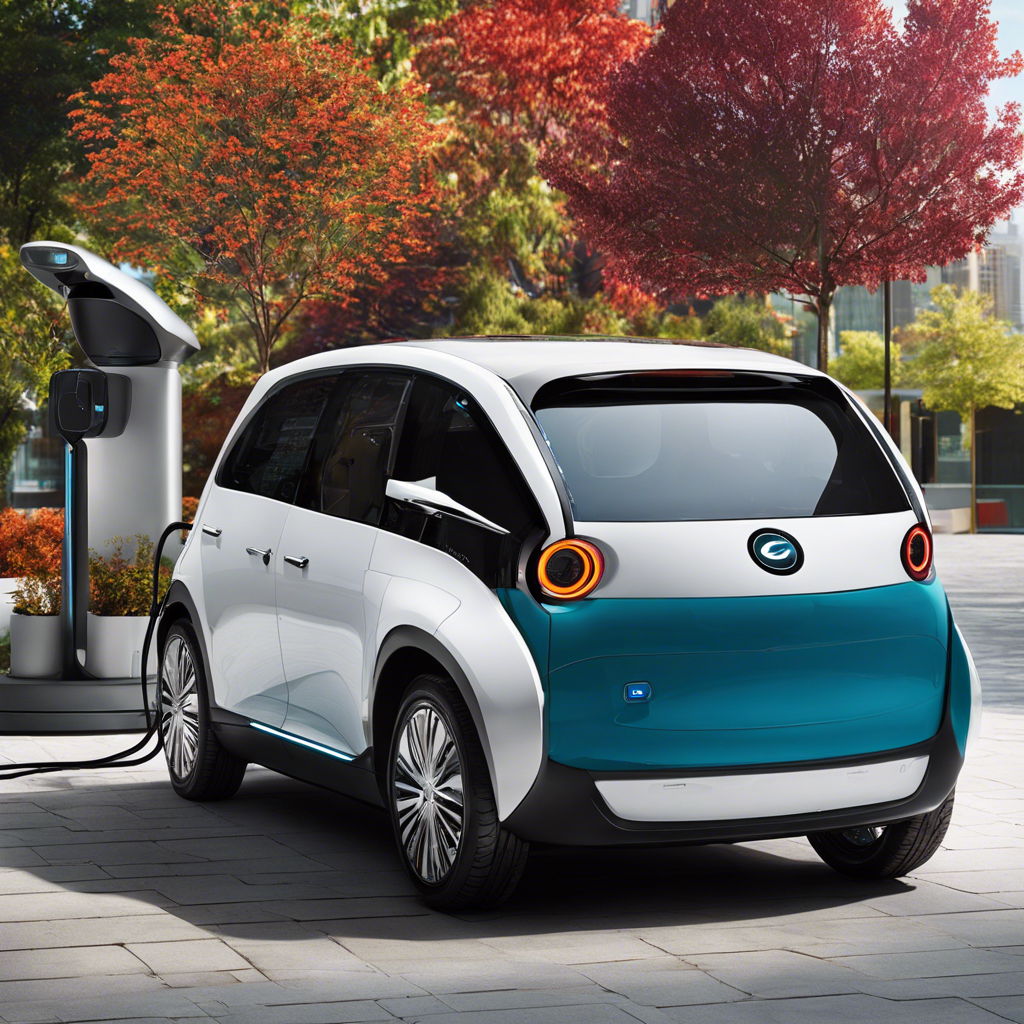The automotive industry is undergoing a transformative shift, and at the forefront of this revolution are electric vehicles (EVs). Once considered a niche concept, electric cars have evolved into a mainstream phenomenon, capturing the imagination of drivers and environmental enthusiasts alike. This evolution is not just about reducing our carbon footprint; it’s a journey towards a more sustainable and innovative future. So, what does the road ahead look like for electric vehicles, and what advancements can we expect in the coming years?
One of the most significant trends shaping the future of electric vehicles is the relentless pursuit of increased battery efficiency. Battery technology is the heartbeat of the EV ecosystem, and researchers and manufacturers are working tirelessly to develop more advanced lithium-ion batteries and explore alternative options like solid-state batteries. These advancements aim to extend the range of electric vehicles, addressing the common concern of limited driving distance between charges. Imagine traveling longer distances without the range anxiety that some early EV adopters experienced. The new generation of batteries promises to make this a reality.
Another exciting development is the integration of solar power into electric vehicles. Imagine charging your car while it’s parked under the sun. Solar-powered EVs are not a distant dream; they are already in the prototype stages. Imagine the convenience of a car that doesn’t just conserve energy but actively generates it. This innovation could revolutionize how we think about refueling our vehicles, reducing our dependence on traditional charging stations and providing a more sustainable and self-sufficient driving experience.
Furthermore, the concept of vehicle-to-grid (V2G) technology is gaining traction. V2G systems enable electric vehicles to communicate with the power grid, allowing them to not only draw power but also feed surplus energy back into the grid. This technology has the potential to turn EV batteries into mobile energy storage units, reducing strain on the power infrastructure during peak hours. It also opens up opportunities for vehicle owners to earn credits or revenue by contributing energy to the grid, creating a more symbiotic relationship between transportation and power systems.
Autonomous driving technology is also set to play a significant role in the evolution of electric vehicles. Self-driving EVs are being developed with a focus on safety, efficiency, and convenience. These vehicles will not only reduce the risk of human error but also optimize energy consumption by adapting to traffic conditions and driving in a more energy-efficient manner. Imagine a future where your commute is not only emission-free but also stress-free, thanks to autonomous technology.
As the EV market expands, we can expect to see a wider variety of vehicle types going electric. From sleek sports cars to heavy-duty trucks and even off-road SUVs, electrification is becoming a standard across different segments. This diversification will cater to the diverse preferences of drivers worldwide, making electric vehicles a viable option for various lifestyles and needs.
The charging infrastructure is also undergoing rapid development. High-speed charging stations are popping up across cities and along highways, making long-distance travel more convenient for EV owners. These stations aim to reduce charging times significantly, ensuring that recharging your vehicle is as quick and effortless as refueling a traditional car. Moreover, wireless charging technology is being explored, offering the convenience of charging your vehicle simply by parking over a charging pad.
Lastly, sustainability is at the core of the electric vehicle revolution. As the world shifts towards a greener and more sustainable future, EVs play a crucial role in reducing greenhouse gas emissions. The shift to electric transport is not just a trend; it’s a necessary step towards combating climate change. Leading automotive manufacturers are committing to sustainability goals, including transitioning to electric fleets and adopting more eco-friendly production processes.
In conclusion, the evolution of electric vehicles is a thrilling journey filled with innovation and promise. From extended battery life and solar integration to V2G technology and autonomous driving, the future of EVs is bright and sustainable. As technology continues to advance, we can expect electric vehicles to become even more efficient, convenient, and accessible to the global population. With the automotive industry’s focus on sustainability, the dream of a greener and cleaner planet might just be within reach. Get ready to embrace the electric revolution and be a part of this exciting transformation.










